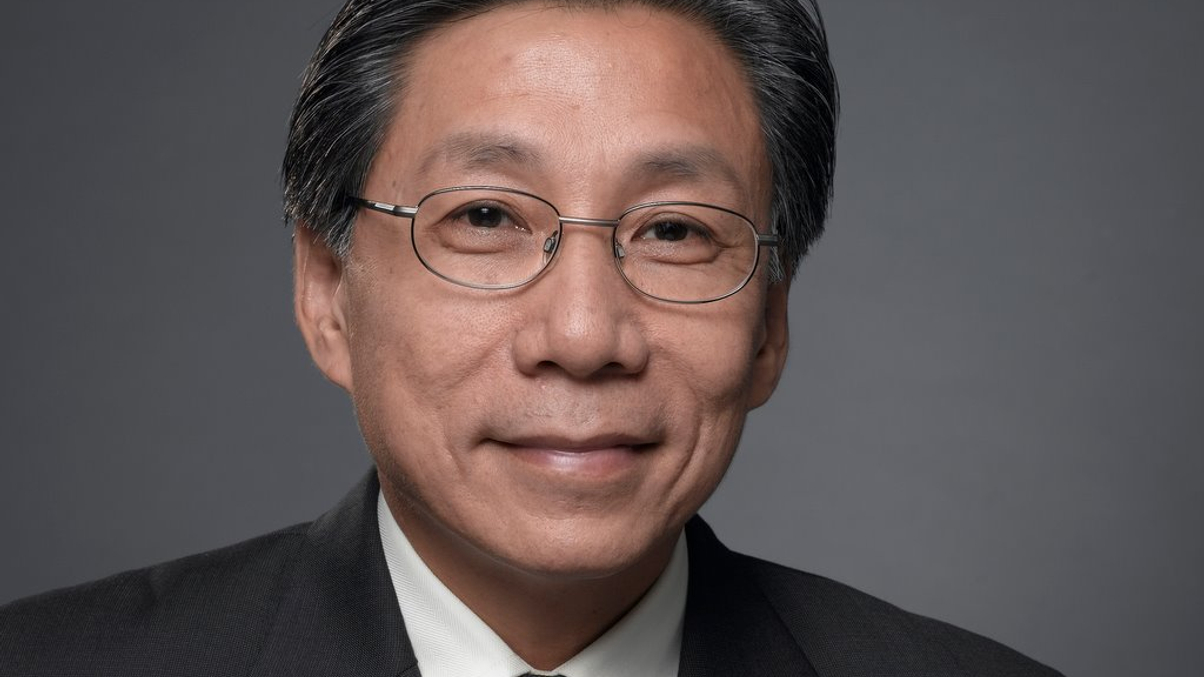Family office trend in Asia set to aid wealth transfer
Most high-net-worth Asians have achieved their wealthy status in the past 20 years -- they now face the issue of how to pass on their fortunes, say private bankers.

Wealthy Asians may be relatively unsophisticated investors compared to their Western counterparts, but the growing emergence of family offices is a sign that the situation is changing, say private bankers and consultants. This trend will also assist with the intra-generational transfer of wealth.
Sign in to read on!
Registered users get 2 free articles in 30 days.
Subscribers have full unlimited access to AsianInvestor
Not signed up? New users get 2 free articles per month, plus a 7-day unlimited free trial.
¬ Haymarket Media Limited. All rights reserved.


